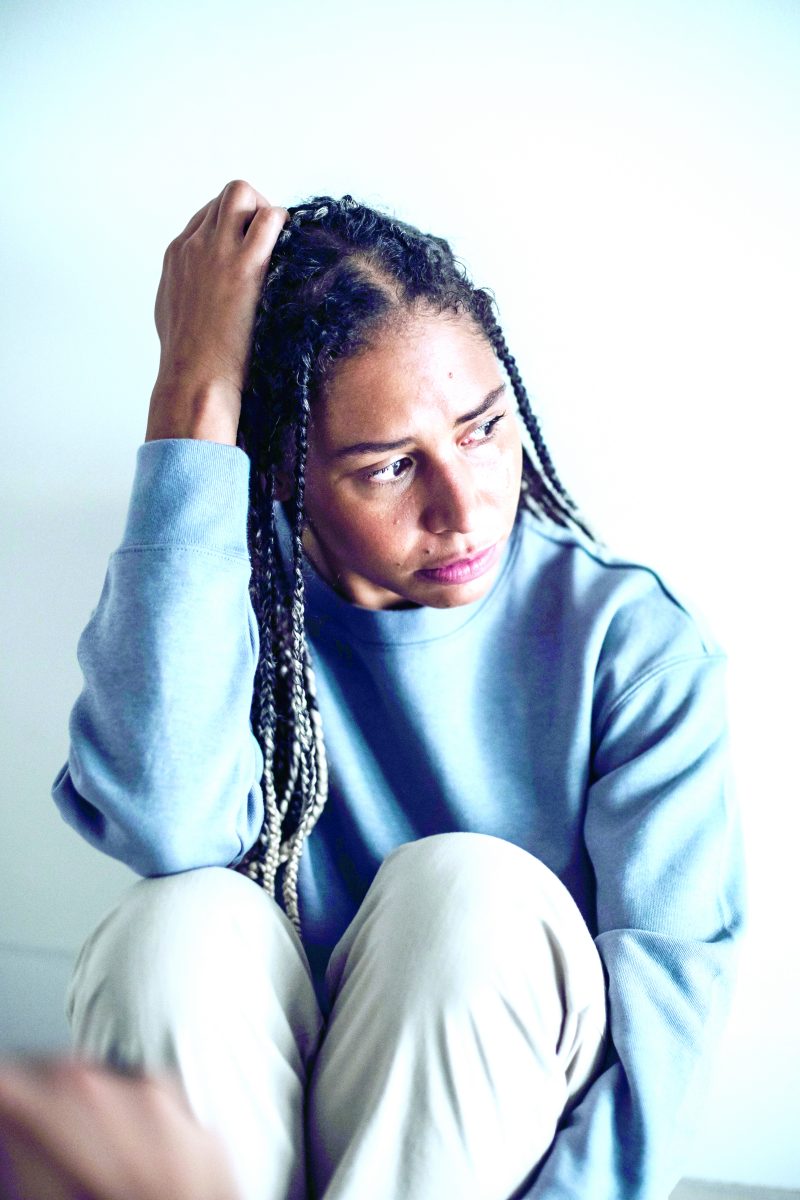Grieving a loss that no one seems to understand

When celebrities, leaders or influential people die, it’s like the world stops and for a moment, there is a collective mourning of a man or woman who impacted their lives through their songs, acting, leadership, life or story.
You will see people on social media, posting the deceased photo and the impact he/she had in their life. This happens even when there was no close interaction with the dead. For instance, the recent death of the queen of rock and roll, Tina Turner has had people mourn her globally for the impact she had in the music industry.
Hidden grief
So, why do such deaths hurt as much as losing a close person?
While grief and mourning is usually linked to close people, such as a family member or a friend, these personalities usually don’t fit into this mould. In most instances, people who mourn them usually face backlash for mourning a person they hardly ever knew or writing long posts over people they had no connection with. Psychologists call this kind of mourning disenfranchised grief. Disenfranchised grief, also known as hidden grief or sorrow, refers to any grief that goes unacknowledged or unvalidated by social norms.
“Disenfranchised grief is one that is not socially supported or viewed as acceptable and occurs in either unrecognised relationships such as death of a celebrity or a marital affair partner, or an ex; unrecognised losses such as miscarriage or loss of limbs; unrecognised grievers, who people assume lack capacity to mourn such as children, elderly or those with mental health conditions; stigmatised death, such as suicide, substance overdose, or abortion,” explains Faith Gichanga, a counselling and organisational psychologist at Bliss or Blisters.
Faith adds that the disadvantage is that there is little to no support for the bereaved usually going through this type of grief. “This is either because the loss is trivialised as not worthy of grieving, or is not recognised as ‘normal’ loss, or also because there is stigma or shame surrounding the circumstances of the loss. This ends up complicating the grieving process because the bereaved is not given the space and support to process the grief effectively,” she says.
The reason we connect with celebrities is because we feel like we are related with them. The advent of social media has even made it worse since we are given a front seat in their lives as they update us on what is happening in their lives almost on a day-to-day basis.
“Such people become part of our lives in various ways. For instance, if they are renowned musicians, their songs can mean different things depending on the occasion in which you listened to them. It might be that the song gave you strength during your toughest seasons in life or reminds you of someone special in life. It can be that their life story inspired you to take a leap of faith and do something better with your life. Definitely, when someone takes you through the seasons in life, they are forever going to remain special. That’s why their death holds a special meaning,” explains psychologist Anthony Ireri
Another factor that explains the strong attachment is the fact that some have assisted us in shaping our own individual identity. “Some were our go-to person when it comes to fashion, lifestyle, advice and when they die, their pages die too and we feel that sense of loss in the fact that we will never be influenced by the person again. We feel that there is a part of our lives that is gone, something that they symbolised. We feel like they are the only people who understood what it means to be you,” Ireri continues.
There are various ways that people show their grief in these kinds of relationships. The first one is by the outpouring of sentimental message on social media. The other kind is when people buy things related to the artist in masses. It is said that most musicians have their record-breaking sales when they die. For instance when Kobe Bryant died, his Nike line was sold out the very moment news of his death broke out.
When society fails to recognise your grief, Ireri says this results in people disconnecting and shutting down their feelings very fast for fear of being mocked. This deprives one of the social situations required to grieve such people.
He adds: “Calling such kind of grief bizzare or absurd doesn’t make it go away. We need to allow ourselves to grieve as avoiding such interactions deprives us of the ability to just get through the experience.”
Nothing wrong
Faith urges people to allow the space for the bereaved to grieve as well as accord social support to anyone going through any kind of mourning despite the perception that one might of it.
“Rather than condemn it, be curious about it by trying to understand it from the grieving person’s point of view, which is what we refer to as empathy. Empathy is putting yourself in another person’s shoe so as to understand a situation from their perspective. You can do this by asking questions and listening attentively,” she explains.
While it might seem silly or unimportant to have disenfranchised grief, experts say that it is vital for one to be able to work through their feelings of sadness. It is also important to validate your feeling of loss. One can find a community or online space where you can share your feelings of the person or reaching out to friends who are affected by the loss.
“Just know there is nothing wrong in feeling the loss in a situation that the culture around you may not consider grief-worthy. Take responsibility for your own mental health by seeking out the support you need, including counselling therapy. Be patient and kind to yourself by allowing yourself to feel the sad feelings and expressing the same in healthy ways such as through crying, journaling, composing tributes, among others,” Faith says in ending.












